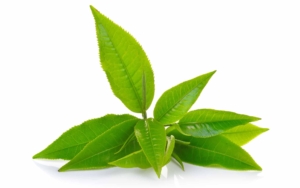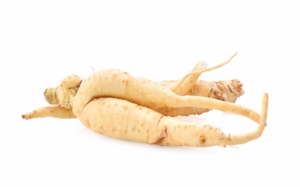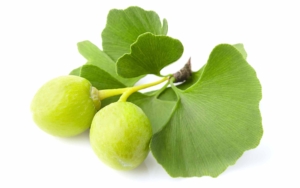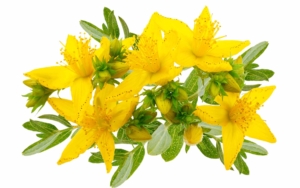Key Points
- Alternative medicines are often referred to as nutraceutical supplements.
- Herbal products come in a wide range of forms like tea, tablets, lotions, or gels.
- American consumers often use herbal medicines as an alternative to pharmaceuticals.
- While alternative medicine and pharmaceuticals aim to improve the consumer’s quality of life, there are significant differences between the two.
What Is Herbal Medicine?
Herbal medicine, or alternative medicine, is a product made from plants to treat illnesses or maintain a good quality of life. Alternative medicines are often referred to as nutraceutical supplements, which are plant- or food-based products used for internal consumption.
Different Techniques Used in a Pharmaceutical Manufacturing Environment
Tablet manufacturers use various techniques to develop high-quality, uniform products:
Natural Medicine Practices
Herbal products come in a wide range of forms and can be consumed using common natural medicine practices like:
- Swallowed in tablet, powder, or tincture-form
- Brewed as tea
- Applied to the skin as a gel, cream, or lotion
- Added to bath water
Common Herbal Medicine Types
Alternative medicine is popular among American consumers today. The following herbal products are some of the most common used to treat illnesses and maintain health:
Green Tea
Green tea extract is used to improve energy, prevent arteriosclerosis and cancer, lower cholesterol, and help with weight loss.
Ginseng
Ginseng is a common herbal medicine used to purify the skin, balance the digestive system, decrease stress, and stabilize blood sugar.
Ginkgo Biloba
The Ginkgo biloba herb is typically used to prevent conditions related to aging, such as poor blood circulation and memory loss.
St. John’s Wort
St. John’s Wort is a popular alternative medicine labeled as a mood-enhancer that’s used for treating mild to moderate depression.
Alternative Medicine vs. Pharmaceuticals
While alternative medicine and pharmaceuticals aim to improve the consumer’s quality of life, there are significant differences between the two.
Regulatory
In the pharmaceutical industry, the FDA heavily regulates tablets and capsules. Prescription medications are required to undergo rigorous testing before approval and market launch. Herbal medicines aren’t as regulated, so consumers have more freedom to choose these alternatives to improve their health.
Cost
Pharmaceuticals require a prescription and can cost more if you don’t have adequate insurance coverage, while alternative medicines can be purchased over the counter without a prescription. This difference makes herbal supplements more affordable and accessible.
Perception
It’s common for the consumer to view pharmaceuticals as a treatment for an existing condition and herbal medicines as a preventative aid to support and maintain overall health.
Herbal Medicine and The FDA
The FDA categorizes herbal medicine as food instead of a drug, so alternative medicine isn’t heavily regulated or required to meet the same manufacturing, testing, or labeling standards as pharmaceuticals.
Since herbal products aren’t subjected to clinical trials or other testing and manufacturing requirements like pharmaceuticals, alternative medicine labels can’t claim that the product will treat a specific, health-related issue. For example, green tea supplements are thought to be an excellent aid for weight loss. A green tea supplement label might say, “supports healthy weight management,” but the label can’t claim that the product will make you lose weight.
Providing Tablet Coating Solutions for Nutraceuticals
At Thomas Processing, we’ve provided tablet coating equipment to the pharmaceutical industry for more than 60 years. Throughout that time, our team has expanded our capabilities to provide tablet coating solutions for the nutraceutical industry. Thomas’s tablet coating systems offer complete access with an easy-to-clean design to help you change compositions without the risk of cross-contamination.
Our tablet coating machines designed for use in the nutraceutical industry include:
FLEX 200
Thomas’s FLEX 200 provides a fully integrated, production-scale coating solution that implements exchangeable drums. This innovative coating machine increases coating efficiency and is ideal for film, drug layer, and sugar coating materials.
FLEX 500
Our FLEX 500 is a versatile coating machine with enhanced utilization and a high output rate. This tablet coating system’s innovative coating advancement eliminates wasted time and increases your overall productivity.
FLEX 1000
Thomas’s FLEX 1000 has a simplistic design that makes exchanging drums faster and easier. It also features the patented Thomas Spray Bar with external gun positioning functionality.
Contact us today to learn more about our nutraceutical tablet coating equipment.







